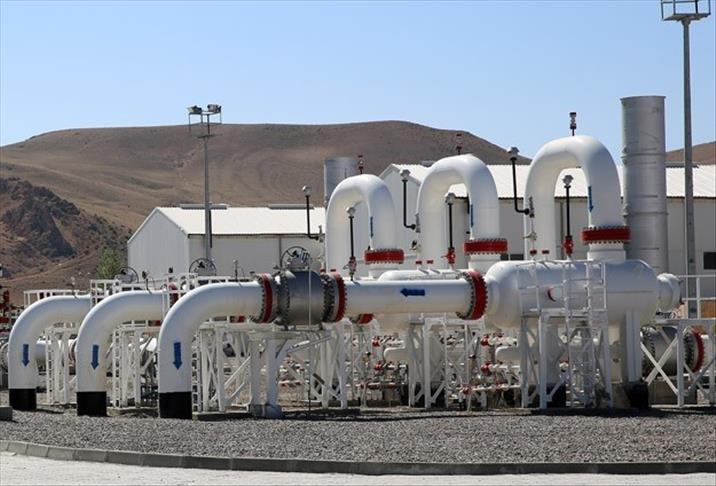
ANKARA
ExxonMobil seems unaffected by the Western sanctions on Russia as it continues its cooperation in the Arctic with a Russian oil company, according to experts.
ExxonMobil started drilling an exploration oil well in the Arctic last week in cooperation with Rosneft, a Russian oil company. The joint venture is continuing despite sanctions imposed by the U.S. and the EU due to the crisis in Crimea and the pro-Russian unrest in Ukraine.
"The effects of the sanctions are not entirely clear yet," said Simon Pirani, a senior research fellow at the Oxford Institute for Energy Studies. "For example, there are some restrictions on export of the equipment which should be used on offshore oil exploration."
The sanctions prohibit Russia from importing technology and equipment for its oil sector. Yet, joint ventures continue, said Liza Ermolenko, an energy markets economist at Capital Economics, a London-based independent research company.
"Business representatives from Russia want to continue cooperation as much as possible with Europe and with the U.S.," she said. "But sanctions do mean that it would be hard for Rosneft to import the technology."
"They will try to look ways to go around it as much as they can, but obviously the extent to which they can is limited," she said.
The sanctions ban some Russian and Crimean officials from traveling to the U.S., Canada and the EU, including Igor Sechin, the executive chairman of Rosneft.
"Generally, sanctions make the business environment for the western companies cooperating with the Russian companies very difficult," said Pirani.
The sanctions also affect the Russian financial sector and government-owned Russian banks. In response, Russia imposed sanctions against American diplomats, and instituted a ban on the import of fruit, vegetables, meat, fish, milk and dairy imports from the U.S. and the EU.
Whether ExxonMobil is affected will depend on the circumstances, said Hasan Selim Ozertem, researcher at the Ankara-based International Strategic Research Organization in Turkey.
"The determining factor is the pressure that Washington would put on ExxonMobil, but such a decision has not been taken yet, because the relations between Russia and the U.S. has not yet hit bottom," Ozertem said.
Pirani said ExxonMobil and other large oil companies are used to working in different parts of the world. If anybody can work in this situation, it is those companies, he said.
Exxonmobil is aware the sanctions may affect its operations in the Arctic.
"We continue to assess the recent sanctions," said Patrick McGinn, ExxonMobil spokesman. "Drilling of the University-1 well is a Rosneft-ExxonMobil joint venture work obligation agreed to contractually in 2013."
The program consists of drilling an exploration well, named University-1, in Russia's Kara Sea continental shelf zone, according to the ExxonMobil website. The well will be drilled to a depth of 2,350 meters (nearly 1 1/2 miles) between August and October, with the semi-submersible West Alpha rig that is weatherized for the Kara Sea's harsh climate, the website says.


